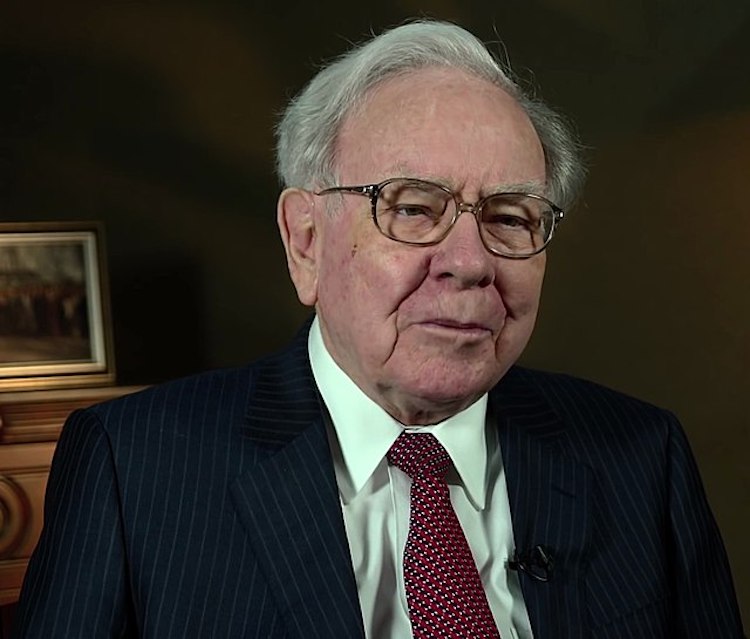How Best To Utilize A Financial Advisor
Savvy shoppers look for the best use of their money. So it is understandable that investors who work with a financial advisor question whether they are getting the most bang for their buck. But, on the other hand, investors should earnestly question any adviser who claims that they can beat the market for bigger yields.
Over half of large-cap equity fund managers disappointed their investors in 2020, as revealed by S&P Index data. This trend is not unusual. The data shows that advisers with lofty promises of beating the S&P 500 are over-selling their position. These managers promised significant returns, but for the 11th straight year, the market outperformed them.

Don’t Try To Beat The Market
The reason is that by definition, the index is the average of all investors, including experienced active fund managers. So we should expect that half of the managers will underperform. But it’s even worse. The active managers charge fees that further reduce investor returns.
For over four decades, the average S&P 500 returns hit about 7% (adjusted for inflation). That is the benchmark that an advisor would have to exceed to beat the market. While it’s not impossible to do it in a single year, the prospect is unpredictable. This volatility should concern investors paying advisors 2% of their portfolio value and 20% of their profits (the 2 and 20 model). “Only 2%” doesn’t sound high. But if your fund returns 8% before fees, this reduces to 6%, which is actually a 25% reduction in returns.
The more intelligent strategy would be to avoid randomly picking winning stocks. Instead, financial advisors should build a simple market-pegged portfolio, as frequently argued by Warren Buffett.

Warren Buffett’s Strategy
Buffett put his money where his mouth was in 2008 with a bet against a prominent hedge fund manager. The challenge was to come up with the best returns over ten years. The manager actively selected stocks and used various ‘hedging’ techniques that were supposed to minimize risk, while Buffett used the S&P index fund. Both Buffett and the manager put up one million dollars each.
The manager conceded defeat in 2015. In those seven years, the hedge fund manager realized his 2.2% return had no chance of beating Buffett’s index fund’s 7.1%. And this was despite the financial crisis causing the collapse of the stock market in 2008.
And Buffett’s convictions are even higher than that: in 2014, he has advised his heirs to put 90% of his estate into an S&P 500 index fund (the other 10% into short-term government bonds), saying, “I believe the trust’s long-term results from this policy will be superior to those attained by most investors — whether pension funds, institutions or individuals — who employ high-fee managers.”
You don’t have to be Warren Buffett to achieve respectable results. Next-generation investment apps allow do-it-yourself investors to put together a balanced portfolio swiftly, effortlessly, and inexpensively.
Slow And Steady Wins The Race
Investors who prefer using an advisor should pick one who isn’t focused on trying to beat the market. Instead, effective advisors will be the ones who examine and work with financial goals over time, avoiding gimmicks. These advisors will ask pertinent questions to personalize the portfolio to the investor. Whether you’re pursuing a dream or just building a nest egg, investors should pick an adviser who is reasonably and directly accessible.
Data shows the key to successful investing is to avoid get-rich-quick promises and instead follow Buffett’s advice of a diversified portfolio that provides stability. It isn’t as glamorous sounding as the promise of instant wealth. But the data shows those hollow claims fail to yield the promised results. And that’s a bad investment.
